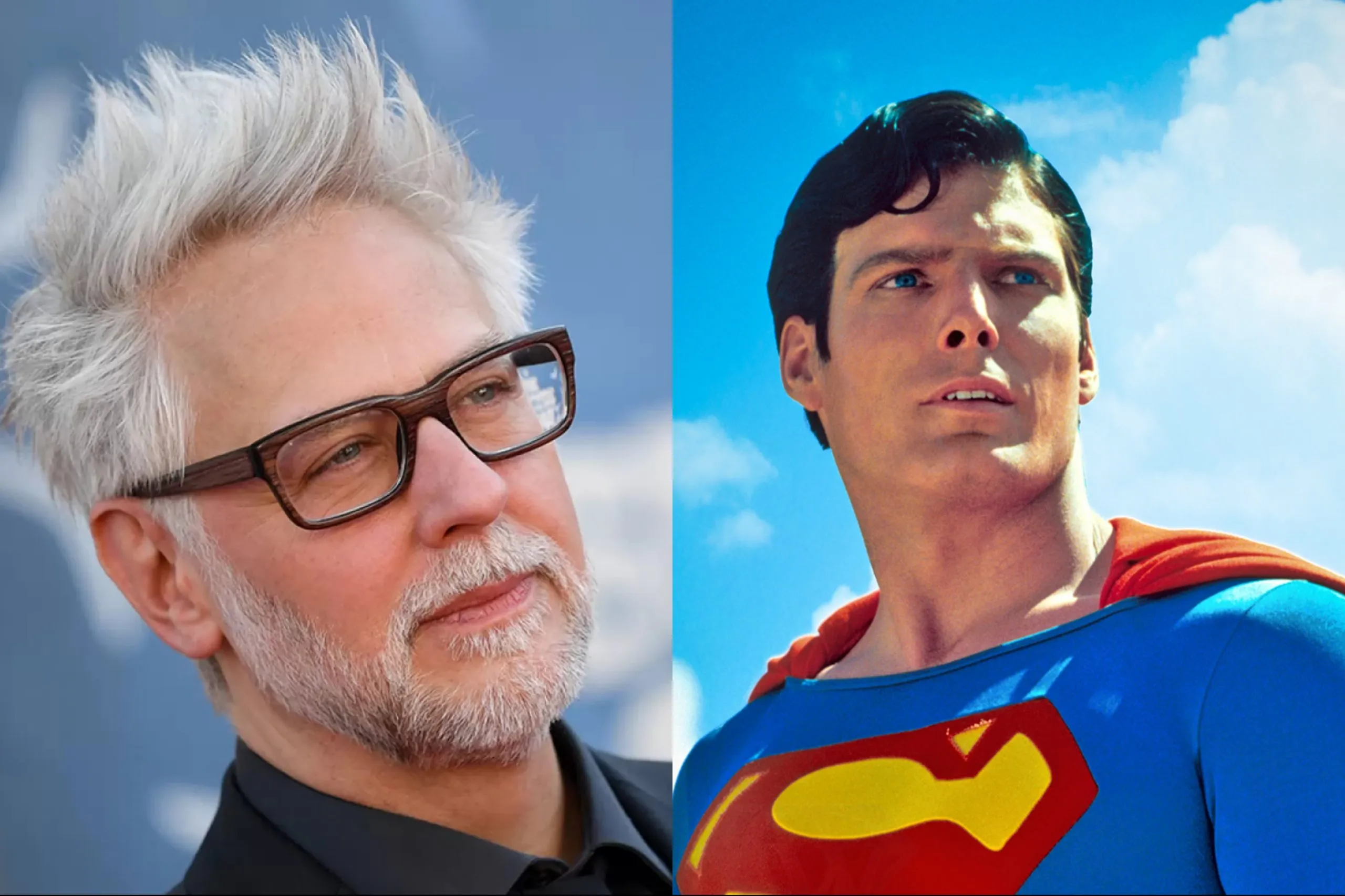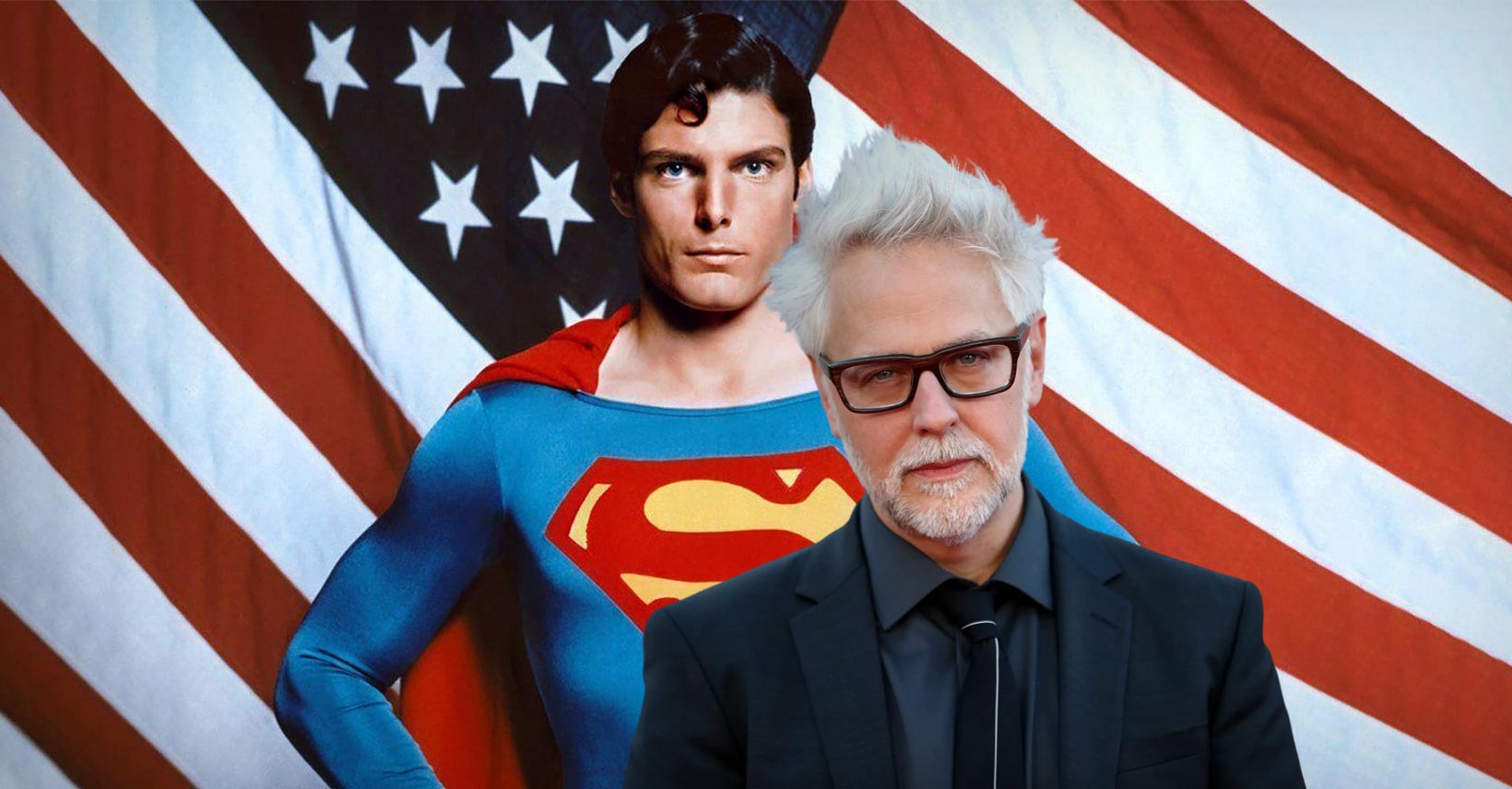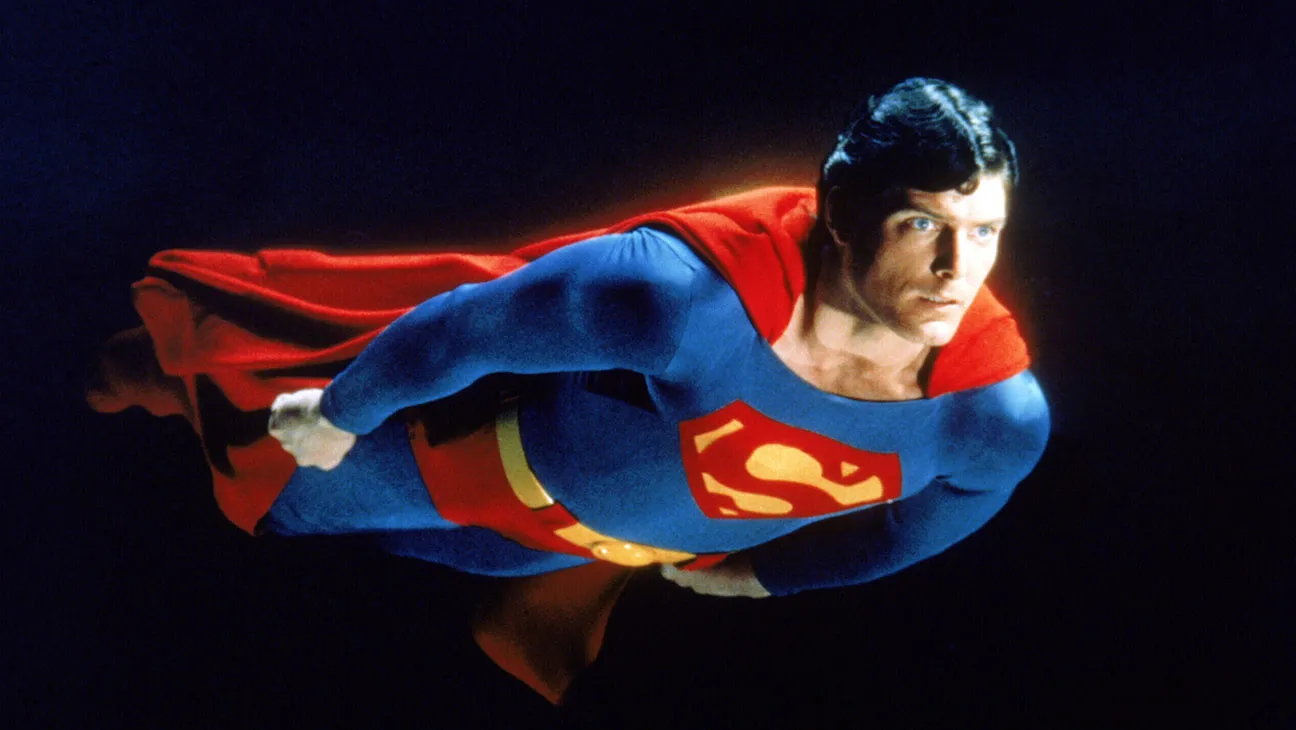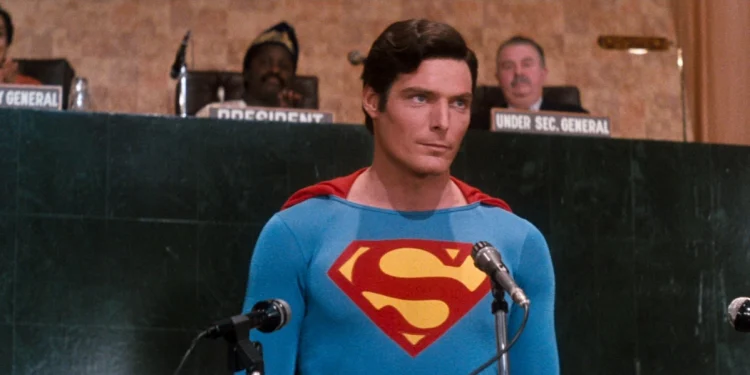Christopher Reeve, the quintessential Superman for many fans, once candidly revealed his thoughts on the factors that led to the less favorable reception of “Superman III,” particularly critiquing the casting of comedic actor Richard Pryor. This third installment in the Superman film saga notably shifted gears under the new direction of Richard Lester, marking a stark departure from the tone set by the original director, Richard Donner.

The Shift from Donner to Lester: A Turn Towards Comedy
“Superman III,” released in 1983, veered into comedic territory, a significant transformation initiated by Richard Lester, who took over after Donner was controversially replaced. Donner’s initial vision for Superman had been grand and heroic, resonating well with audiences and critics alike. However, Lester, known for his work on comedies like “A Funny Thing Happened on the Way to the Forum,” introduced a lighter, more humorous style to the franchise. This change was embodied most notably by the inclusion of Richard Pryor as Gus Gorman, a quirky computer programmer who inadvertently creates chaos with his inventions.
Christopher Reeve’s Disappointment: The Impact of Pryor’s Role
In his 1999 autobiography, “Still Me,” Reeve expressed his disappointment with the film’s new direction, particularly criticizing Pryor’s role, which he felt undermined the film’s integrity as a Superman story.
“The Newmans wrote a scene in which Pryor, wearing skis and sporting a pink tablecloth as a Superman cape, zooms off a little ski slope on the top of a high-rise,” Reeve described, highlighting the absurdity of such scenes that clashed with the heroic nature of Superman.

Reeve reminisced about the days working with Donner, noting a palpable absence of the depth and seriousness that had characterized their previous collaborations. The only scene that received Reeve’s nod in “Superman III” was the dark and intense battle where Superman confronts his evil alter ego, a moment that momentarily recaptured the spirit of the earlier films.
The Fallout of a Franchise: Fans and Critics React
The reception of “Superman III” was lukewarm at best, with fans and critics alike feeling alienated by the film’s comedic overtones and disjointed narrative. The casting of Pryor, while potentially a draw for comedy enthusiasts, was widely viewed as a misstep that did not align with the established tone of the Superman saga. Reeve’s criticisms highlighted a broader issue within the film industry, where shifts in creative direction can dramatically alter the essence of a character and story, sometimes to the detriment of the franchise’s legacy.

As “Superman III” remains a topic of discussion among fans and scholars of cinema, the lessons from its production are clear: maintaining a consistent vision and respecting the thematic roots of a story are crucial for the success of any film, especially one carrying the legacy of a beloved hero like Superman. Christopher Reeve’s insights not only shed light on the behind-the-scenes tensions but also on the broader implications of creative decisions in Hollywood.









